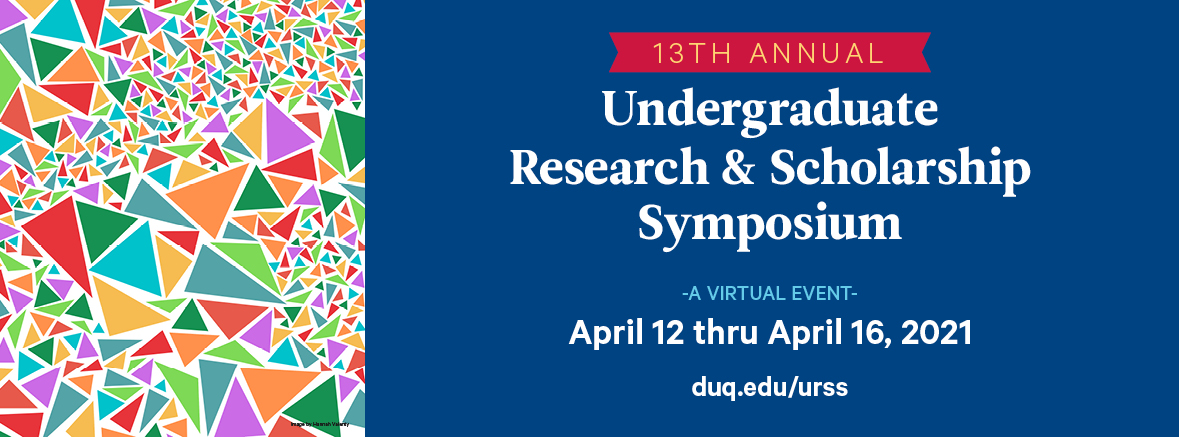Presenter Information
Deidra (Dee) Hubay
Abstract
Channeling the concepts of Emile Durkheim, this research will seek to explore the causes of post-service veteran anomie, with a specific focus on suicide. This research will preliminarily explore an institutional identity reconstruction process that recruits undergo during basic military training; I will refer to as Mechanical Institutionalization. In Mechanical Institutionalization, a recruit’s individual prior-service identity is replaced with an institutionalized group identity that is maintained by mechanical solidarity. Because of this, the beliefs, values, norms, and ethos of the individual have been fundamentally altered to conform to those of the institutional group. As a result, many veterans often struggle to effectively adapt to life after military service, because the values and norms a veteran previously relied upon during service are no longer personally relevant causing the veteran to feel hopeless and alienated. The likelihood of experiencing these struggles is independent of a veteran's number or length of deployments, or whether the veteran has experienced combat.
It is the disruption of institutionalized identity maintenance that offers a contributing systemic explanation for the exceedingly above average rate of veteran suicide. Thus, it is not the effects of deployment or combat that cause difficulties in veteran reintegration, but rather it is the institution's manifestation and subsequent withdrawal of mechanical solidarity that causes difficulty. That is to say: it is the institution itself that contributes to the alarming rates of veteran anomic dysfunction.
School
McAnulty College and Graduate School of Liberal Arts
Advisor
Sarah Louise MacMillen, PhD
Submission Type
Paper
Publication Date
April 2021
Included in
Effects of Mechanical Institutionalization on Veteran Post-Service Re-Entry
Channeling the concepts of Emile Durkheim, this research will seek to explore the causes of post-service veteran anomie, with a specific focus on suicide. This research will preliminarily explore an institutional identity reconstruction process that recruits undergo during basic military training; I will refer to as Mechanical Institutionalization. In Mechanical Institutionalization, a recruit’s individual prior-service identity is replaced with an institutionalized group identity that is maintained by mechanical solidarity. Because of this, the beliefs, values, norms, and ethos of the individual have been fundamentally altered to conform to those of the institutional group. As a result, many veterans often struggle to effectively adapt to life after military service, because the values and norms a veteran previously relied upon during service are no longer personally relevant causing the veteran to feel hopeless and alienated. The likelihood of experiencing these struggles is independent of a veteran's number or length of deployments, or whether the veteran has experienced combat.
It is the disruption of institutionalized identity maintenance that offers a contributing systemic explanation for the exceedingly above average rate of veteran suicide. Thus, it is not the effects of deployment or combat that cause difficulties in veteran reintegration, but rather it is the institution's manifestation and subsequent withdrawal of mechanical solidarity that causes difficulty. That is to say: it is the institution itself that contributes to the alarming rates of veteran anomic dysfunction.

